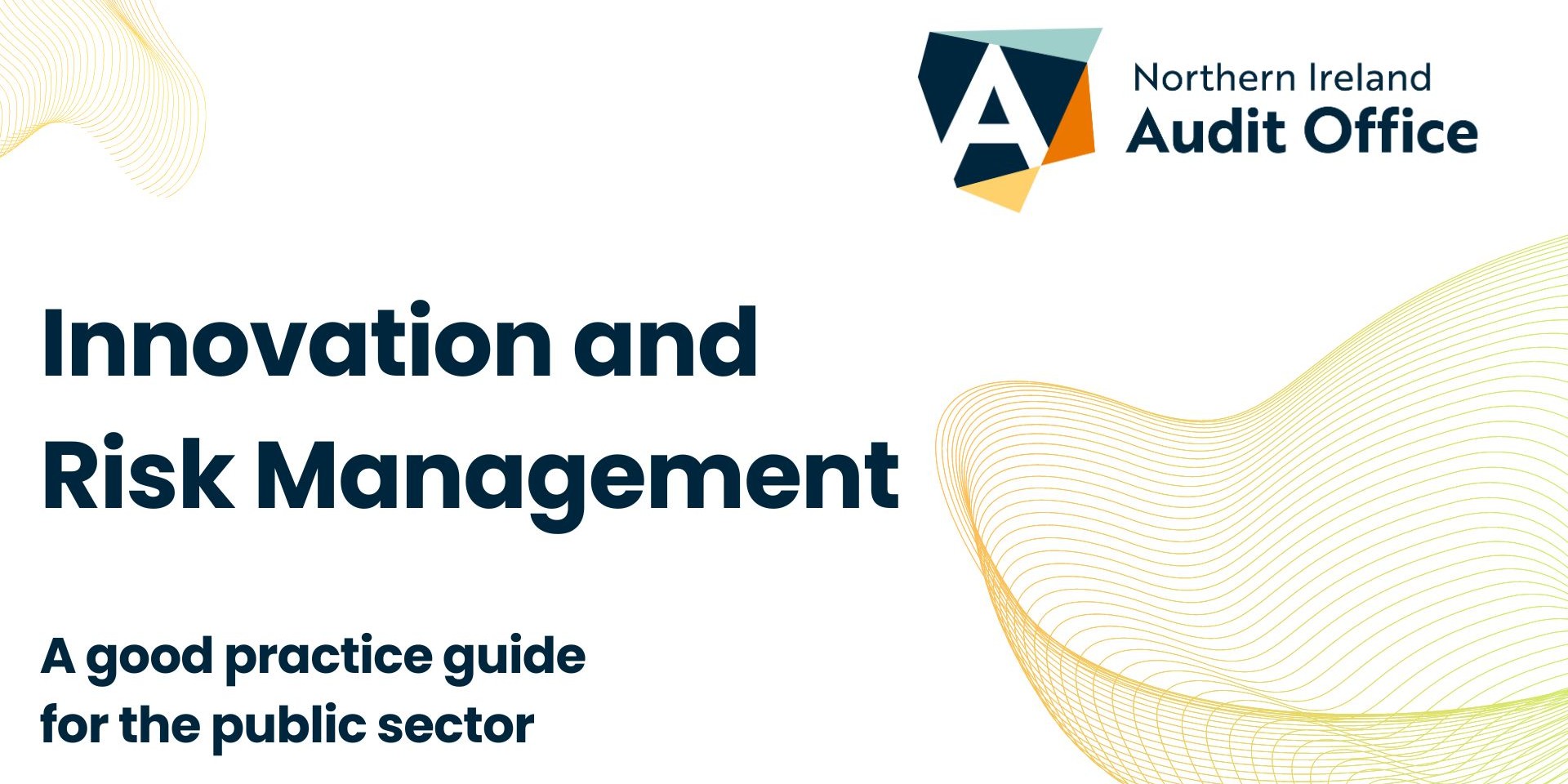Report
Spotlight on Spinouts 2022
A stark gender imbalance persists among directors and founders of UK spinouts, according to a report published today by the Royal Academy of Engineering Enterprise Hub and Beauhurst. The proportion of spinouts with a leadership team containing one or more female founders or directors remains low. The data indicates that some 86% of spinouts have all male founders, and 92% have all male directors.
Spotlight on spinouts: UK academic spinout trendsexamines where and how effectively innovations developed in universities are being turned into real-world products, processes and commercial successes. Following the first edition published in 2021, the second edition identifies strong representation across UK regions in the top 20 universities by the number of spinouts generated, with high performers found in the Midlands, Northern England, Scotland, Wales, and Northern Ireland. The 2022 report features a spotlight on universities ranked 11-20 on this list as important contributors to the spinout economy, alongside institutions with more established commercialisation teams.
The data compiled analyses which universities are successfully generating spinouts, their geographic spread, top sectors, investments and who is making them, survival rates and growth trajectories, Innovate UK grants, and gender, age, and nationality of leadership. The impact of Covid-19 on spinouts is also examined alongside the IP policies and stakes taken by universities.
Findings in the report include:
- There are currently 1,130 active spinouts in the UK as of January 2022.
- Investment in spinout companies almost doubled in 2021 with a record £2.54 billion equity investment raised across 389 deals. This reflects a trend of significant increases in spinout investment annually in the last decade.
- The spinout community continued to grow during the pandemic, with widespread hiring and 258 businesses receiving Innovate UK grants for Covid-19-related efforts.
- The figures for 2021 mark a return to expected investment cycles following the macroeconomic challenges resulting from Covid-19 and Brexit, with an average equity investment size of £6.70 million.
- Pharmaceuticals was the highest-performing sector, along with research tools/reagents and analytics/insight performing strongly. AI, precision medicine, and eHealth mark the top emerging sectors.
- The University of Oxford was the top university by number of spinouts with 193 spinouts generated since 2011 – substantially more than other UK universities. The list of top 20 universities features strong representation from the Midlands, Northern England, Scotland, Wales and Northern Ireland, as other universities accelerate their spinout generation.
- While only half of all startups will survive for more than five years, the average lifetime for an academic spinout is almost nine years.
The Academy’s annual Spotlight on spinouts report aims to share important evidence about the UK spinout landscape to inform wider debate, future policy and build upon the Enterprise Hub’s work to support spinouts and entrepreneurs.
Science Minister George Freeman said: “This report highlights the vital role university spinouts play in our innovation economy – raising a record £2.54 billion last year creating the companies, technologies and jobs of tomorrow. It’s great to see so much spinout activity beyond the ‘Golden Triangle’ – spreading opportunities across all parts of the UK as we committed in the Levelling-Up White Paper. High growth spinouts are a key driver of widening access to opportunities.
“The success of these companies is key to the UK’s ambitions to become a Science Superpower, increase R&D spending to 2.4% of GDP, and achieve sustainable growth, job creation and prosperity across the country.
“This insightful data shows that there is significant progress to be made in improving diversity in British science. That is why we have published our first-of-its-kind R&D People & Culture Strategy, identifying the urgency of ensuring our science and innovation ecosystem welcomes a broad range of perspectives, people and ideas.”
Maria Dramalioti-Taylor, Managing Partner at Beacon Capital LLP, Royal Academy of Engineering Enterprise Committee Member, and member of the project steering group, said, “It’s fantastic to see the second edition of this report shed light on the current spinouts landscape in the UK. It’s our hope that recognising IP and commercialisation successes – and failures – will lead to progressive improvement within the spinout sector, including the encouragement of leadership diversity among spinouts. We want to ensure that the voices of excellent academic entrepreneurs influence wider debate and future research commercialisation policy.”
The Academy aims to support innovation further by providing an upcoming practical guide for entrepreneurs wishing to spin out from their universities based on the experiences of Enterprise Hub members. In addition, the Academy is also developing an ambitious new EDI Toolkit to support spinouts and other startups to embed more diverse and inclusive cultures and leverage the many benefits of embedding EDI in everyday operations.




